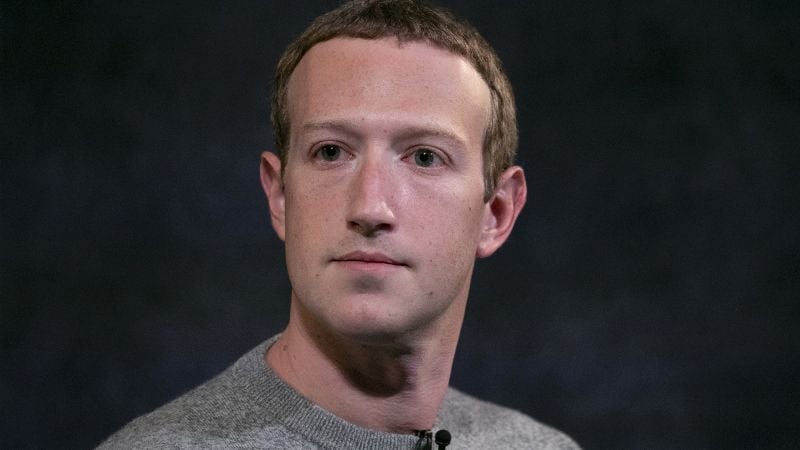Mark Zuckerberg personally rejected Meta’s proposals to improve teen mental health, court documents allege::Meta CEO Mark Zuckerberg has personally and repeatedly thwarted initiatives meant to improve the well-being of teens on Facebook and Instagram, at times directly overruling some of his most senior lieutenants, according to internal communications made public as part of an ongoing lawsuit against the company.



This is the best summary I could come up with:
Meta CEO Mark Zuckerberg has personally and repeatedly thwarted initiatives meant to improve the well-being of teens on Facebook and Instagram, at times directly overruling some of his most senior lieutenants, according to internal communications made public as part of an ongoing lawsuit against the company.
Zuckerberg vetoed a 2019 proposal that would have disabled Instagram’s so-called “beauty filters,” a technology that digitally alters a user’s on-screen appearance and allegedly harms teens’ mental health by promoting unrealistic body image expectations, according to the unredacted version of the complaint filed this week by Massachusetts officials.
Despite Zuckerberg’s conclusion, the proposal had enjoyed broad support, the lawsuit said, including from Mosseri; Instagram’s policy chief, Karina Newton; the head of Facebook, Fidji Simo, and Meta’s vice president of product design, Margaret Gould Stewart.
A year after the beauty filter decision, in August 2021, Clegg pressed Zuckerberg to make “additional investment to strengthen our position on wellbeing across the company,” citing a staff recommendation to address issues of addiction, self-harm and bullying, according to the complaint.
Zuckerberg’s rejection of opportunities to invest more heavily in well-being are reflective of his data-centric approach to management, said Arturo Bejar, the former Facebook engineering director and whistleblower who leveled his own allegations last week that Instagram has repeatedly ignored internal warnings about the app’s potential harms to teens.
A 2020 internal presentation discussed in the complaint described how Instagram meets teenagers’ desire for “novelty seeking” with “a dopamine hit” through intermittent notifications about comments, follows and other bids for attention that can convey a sense of “approval and acceptance [that] are huge rewards for teens.”
The original article contains 1,294 words, the summary contains 268 words. Saved 79%. I’m a bot and I’m open source!